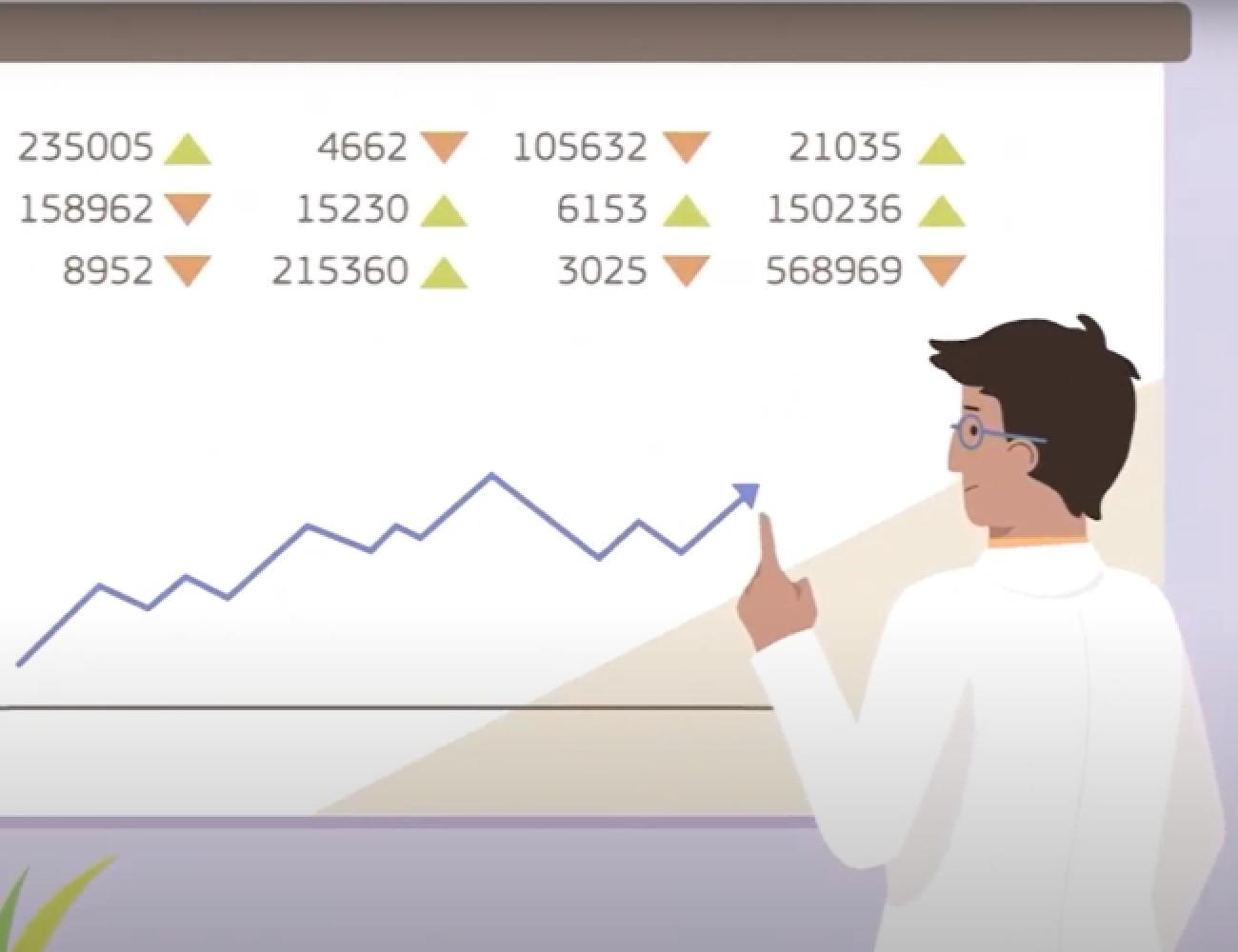The CC-ME offers a variety of training initiatives which bring together academics, practitioners and policy makers, in order to discuss and share good practices on the evaluation process and disseminate advanced research methodologies.
CIE summer weeksThe aim of the CIE summer weeks is to share good practices of evaluation of public programmes and to provide training on CIE methods to policy officers and researchers from European Commission, policy and research institutions interested in counterfactual impact evaluation and their applications. |
 |
Case Studies in Microeconomic EvaluationThe aim of the training is to share good practices in evaluation of impacts of EU policies. The focus is on how to use causal methodologies to inform the evaluation process, from the design to the choice of data, to the analysis and to the interpretation of results. |
 |
CC-ME Seminar SeriesThe Competence Centre on Microeconomic Evaluation (CC-ME) hosts a Microeconometric Seminar Series to promote discussions with external researchers from academia and other institutions. Moreover, it is intended to disseminate advanced research methodologies and topics in the field of microeconomic evaluation. |
 |
COMPIE ConferenceCounterfactual Methods for Policy Impact Evaluation - COMPIE The COMPIE conference series brings together practitioners and academics to discuss developments in the theory and the applications of counterfactual methods for policy impact evaluation. Applications can cover a broad range of interventions, from labor and social policy to regulation and funding programmes, ideally with a focus on EU policies. |
 |
Video (Tutorials)Randomized controls trials and matching methods Regression discontinuity design |
Randomized controls trials and matching methods |
Regression discontinuity design |
Difference in difference |
Instrumental variables |
Finding a control group when everybody is treated. |
What is administrative data? |
Data for Evaluation |
| Originally Published | Last Updated | 28 Feb 2022 | 05 Feb 2025 |
| Knowledge service | Metadata | Microeconomic Evaluation |
